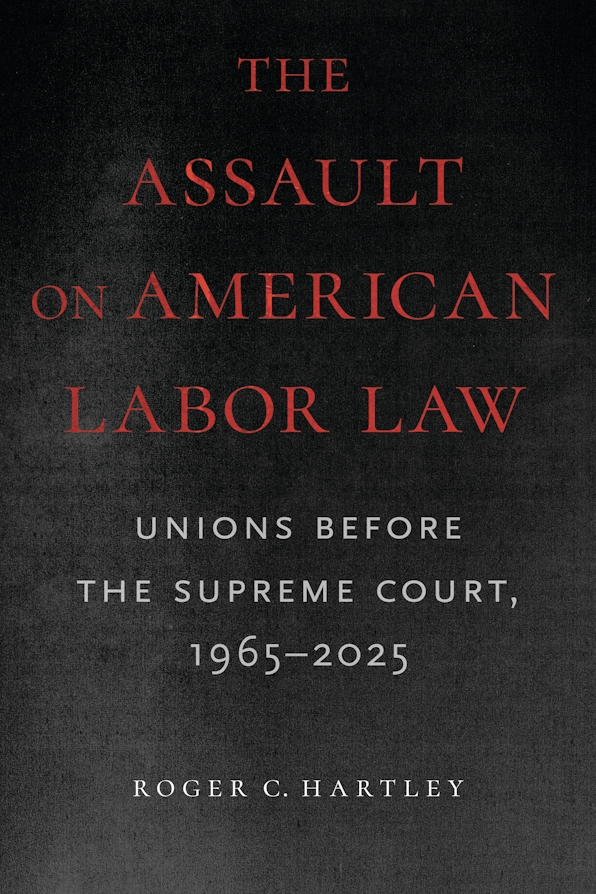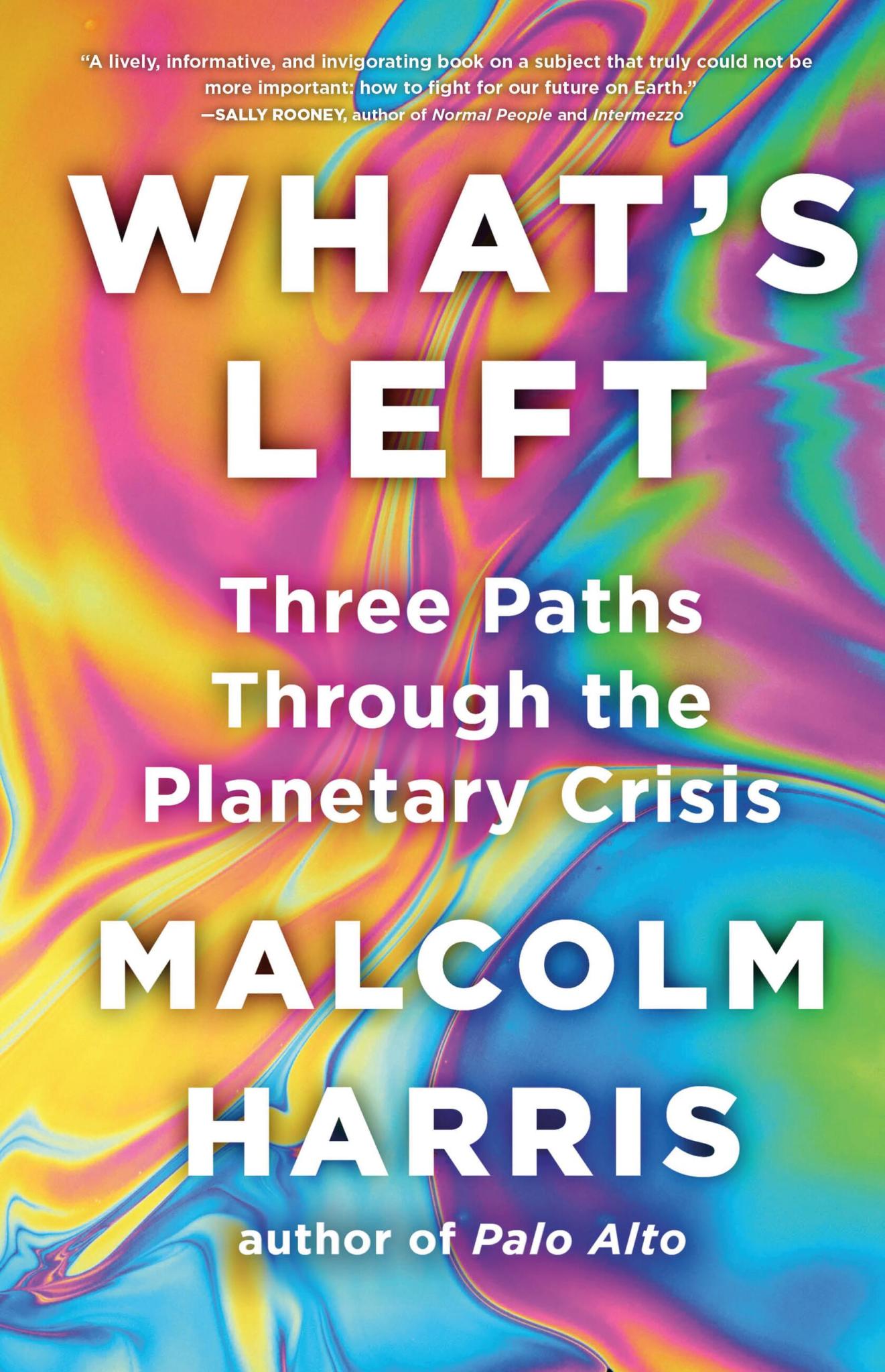Preston Maness finished reading China: Revolution and Counterrevolution by Gloria La Riva
An excellent collection of essays from, presumably, members of the Party for Socialism and Liberation, along with its acquaintances and fellow comrades in struggle. For context, this collection was first published in 2008, well before the Xi Jinping era of China's socialist development. A 2023 "companion" to this collection of essays could be 1804 Books' "China's Revolution and the Quest for a Socialist Future," authored by Ken Hammond; and with an Introduction by Brian Becker and Analytical Essay (also entitled a "Reflection" in certain print runs) by Eugene Puryear, both of whom also have essays in "China: Revolution and Counterrevolution."
Becker and other authors have a decidedly conciliatory tact towards China's Reform and Opening Up under Deng Xiaoping, while Puryear -- and to a greater degree, Ian Thompson -- take a solidly Maoist tact towards it. That the PSL would share print space with ideological competition solidifies, in my …
An excellent collection of essays from, presumably, members of the Party for Socialism and Liberation, along with its acquaintances and fellow comrades in struggle. For context, this collection was first published in 2008, well before the Xi Jinping era of China's socialist development. A 2023 "companion" to this collection of essays could be 1804 Books' "China's Revolution and the Quest for a Socialist Future," authored by Ken Hammond; and with an Introduction by Brian Becker and Analytical Essay (also entitled a "Reflection" in certain print runs) by Eugene Puryear, both of whom also have essays in "China: Revolution and Counterrevolution."
Becker and other authors have a decidedly conciliatory tact towards China's Reform and Opening Up under Deng Xiaoping, while Puryear -- and to a greater degree, Ian Thompson -- take a solidly Maoist tact towards it. That the PSL would share print space with ideological competition solidifies, in my opinion, its stature as a meaningful institution grounded in complex material realities and not merely a 21st century cosplay of 20th century politics. Indeed, the appendix, which contains the PSL's formal orientation towards China, reflects this nuanced, material understanding of China's revolution, and the importance of defending it against "counterrevolution, imperialist intervention and dismemberment."
For those with limited time on their hands, I recommend the following essays from the collection:
- "Is China's appeasement policy feasible?" by Gloria La Riva, which provides a prescient 2000s-era overview of the geopolitics that are now, in the 2020s, defining a new Cold War between the United States and China.
- "Tiananmen Square and the threat of counterrevolution," by Yenica Cortes, which provides context and correction to the popular record on Tiananmen.
- "The Sino-Soviet split: From revolutionary potential to tragic consequences" by Monica Ruíz, which documents concisely and lucidly the alliance and split between Russia and China, with lessons for diplomats of socialist societies to learn from.



















